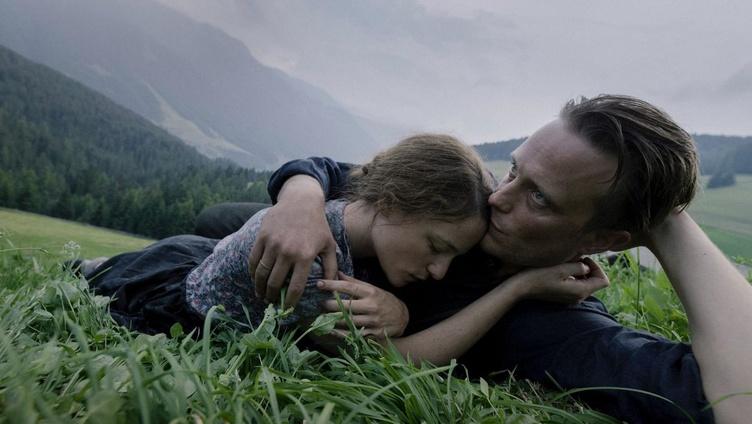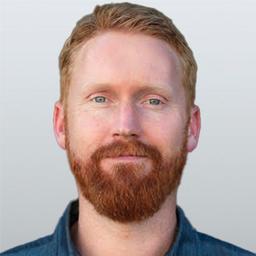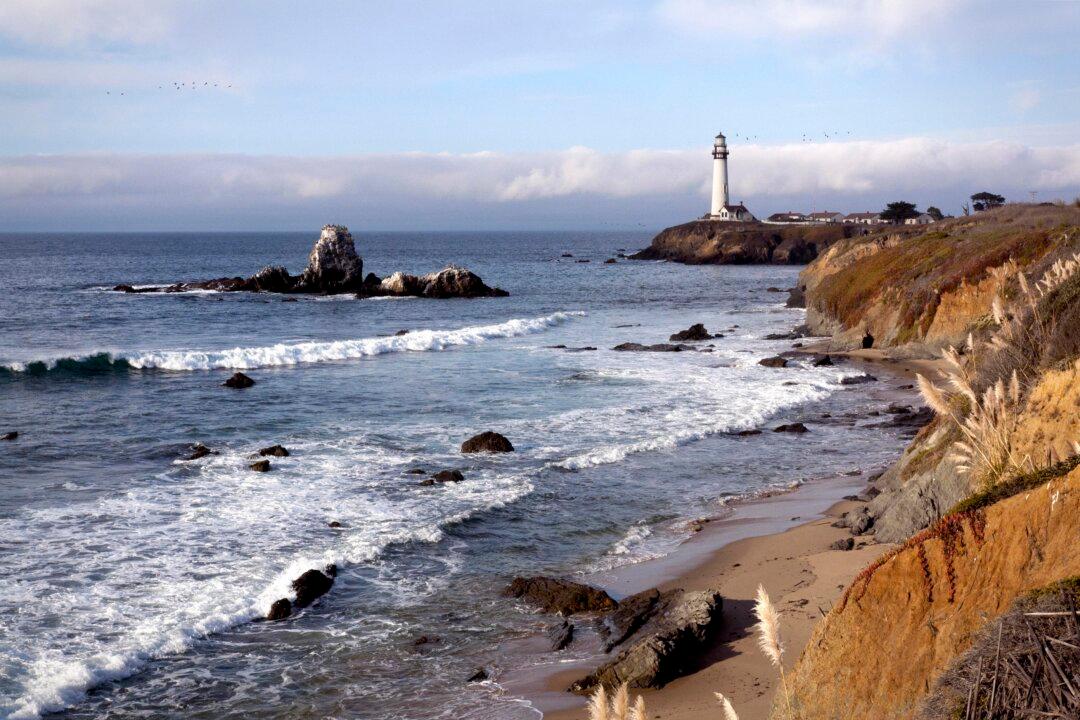“It is better to suffer injustice than to do it.”
Once in a long while, a film is produced that provides its audience a genuine spiritual experience that directly confronts one’s soul. Terrence Malick’s masterful film, “A Hidden Life,” explores the true story of the courageous Austrian farmer, Franz Jägerstätter, a conscientious objector in World War II who refused to swear loyalty to Hitler. Set in the magnificent Austrian Alps, the film takes us into the real-life home of the protagonist’s family, in addition to actual settings from Franz’s life. Malick’s profoundly palpable commitment to authenticity makes “A Hidden Life” a symphony of moments so real that the line between artifice and reality was often blurred. Owen Gleiberman captured the film’s essence when he said that it was “cinema at its mightiest and holiest. A movie you enter, like a cathedral of the senses.” As with all great artistic achievements, you may find yourself positively altered by the experience.





